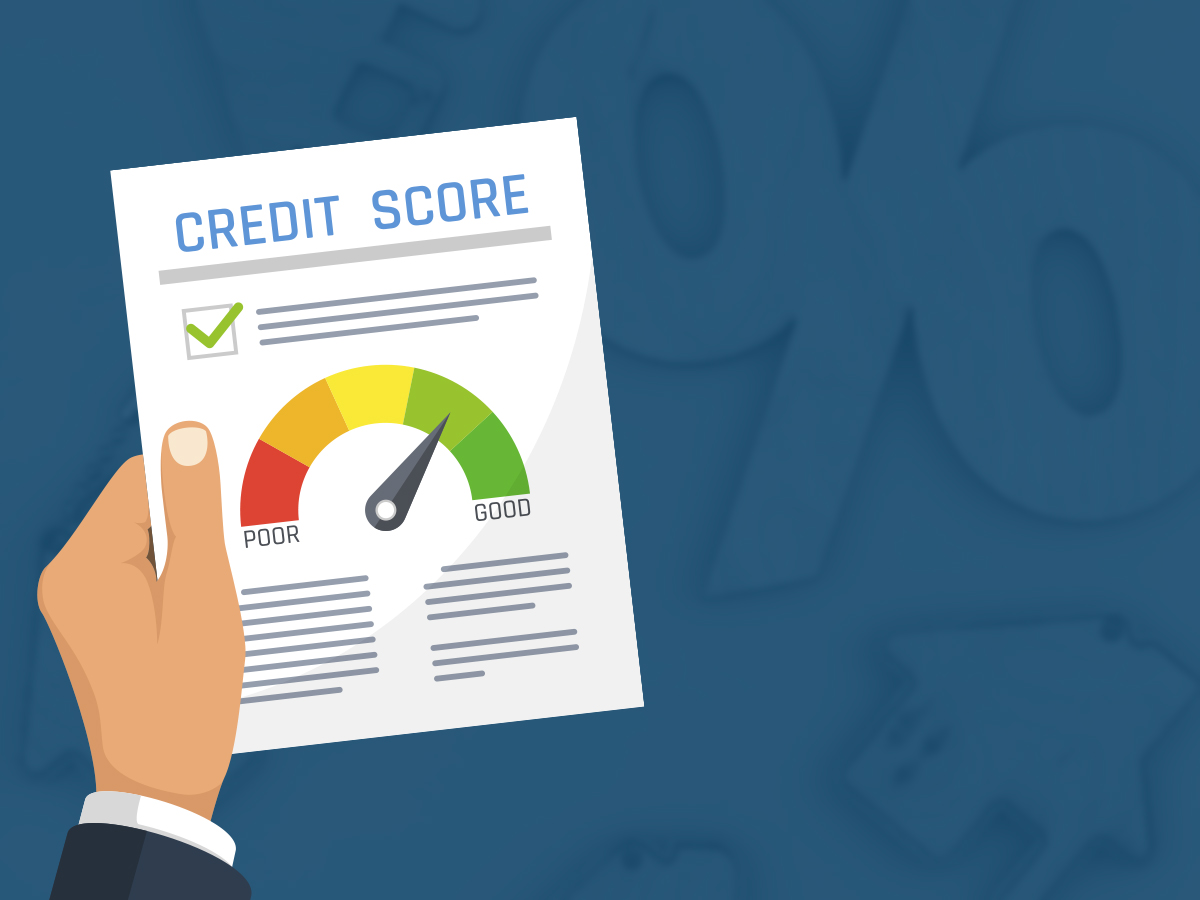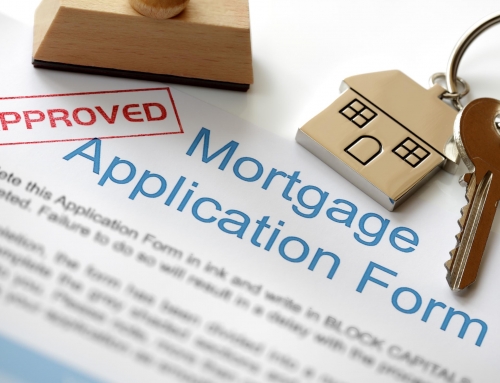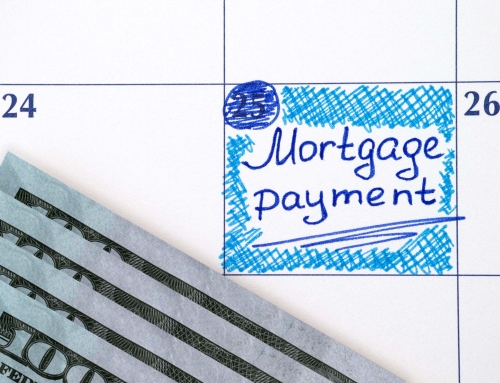How Can Potential Homeowners Get Their Credit “Mortgage-Ready”?
There’s nothing more frustrating than perpetually renting/leasing a home – especially when mortgage rates are so low and payments are often lower with a home loan, but not qualifying to buy due to credit worthiness issues. We’ve seen several client improve their credit situation and have taken what’s worked for them and what works for home buyers who continue maintaining good credit and created this list to help you determine how mortgage-ready your credit is.

No. 1 – Know Where You Stand
Your first step on the path to better credit is having a baseline. You have to know where you stand to make improvements. Get started by running your credit reports and getting your credit scores. By law, you’re allowed one free credit report from each of the three major bureaus – TransUnion, Equifax, and Experian – every 12 months.
No. 2 – Learn How Your Score Works
Your credit score is calculated using both positive and negative information in your credit report. The credit breaks down into five categories.
Payment History: 35%
Amounts Owed: 30%
Length of Credit History: 15%
New Credit: 10%
Types of Credit Used: 10%
Every lender establishes its own criteria with regard to underwriting new loans. Credit scores are typically one major factor – among others – considered by lenders when making decisions.
No. 3 – Fix Errors
Fixing errors on your credit report is a crucial step in dramatically improving your score. If you find errors on any of your reports, dispute them immediately with the appropriate credit bureau. Provide any supporting documentation proving the error. The credit bureaus are required to investigate the dispute – which typically happens within 30 days. Once you’ve heard from the credit bureau that the dispute is over, make sure to call the credit bureaus to remove the account out of the dispute. Most lenders require this so an accurate picture of your credit score can be seen.
No. 4 – Pay Down Your Debts
Keeping your balances low can have a positive impact on your credit score. If you can swing it, paying down your credit card balances to at least 30% of your total limit is a great way to give your score an increase.
No. 5 – Pay Bills on Time
Late payments and collections leave major blemishes on your credit report. Once you have a delinquent payment, credit scores are slow to improve. In addition to bankruptcy, foreclosure, and judgments, collections and habitual late payments are the worst things to see on a credit report.
Don’t Close Accounts
This is a little tricky. On one hand, lenders don’t want to see several open lines of credit. On the other hand, they would like to see some type of ration of open credit used. In general, it’s never a good idea to open or close accounts prior to applying for a mortgage loan. It can negatively impact your credit score.
Quick Tip
Take advantage of available credit monitoring services with your bank or credit union, through an existing credit card account, from one of the three credit bureaus, or a third-party credit monitoring provider – such as Credit Karma or LifeLock.





